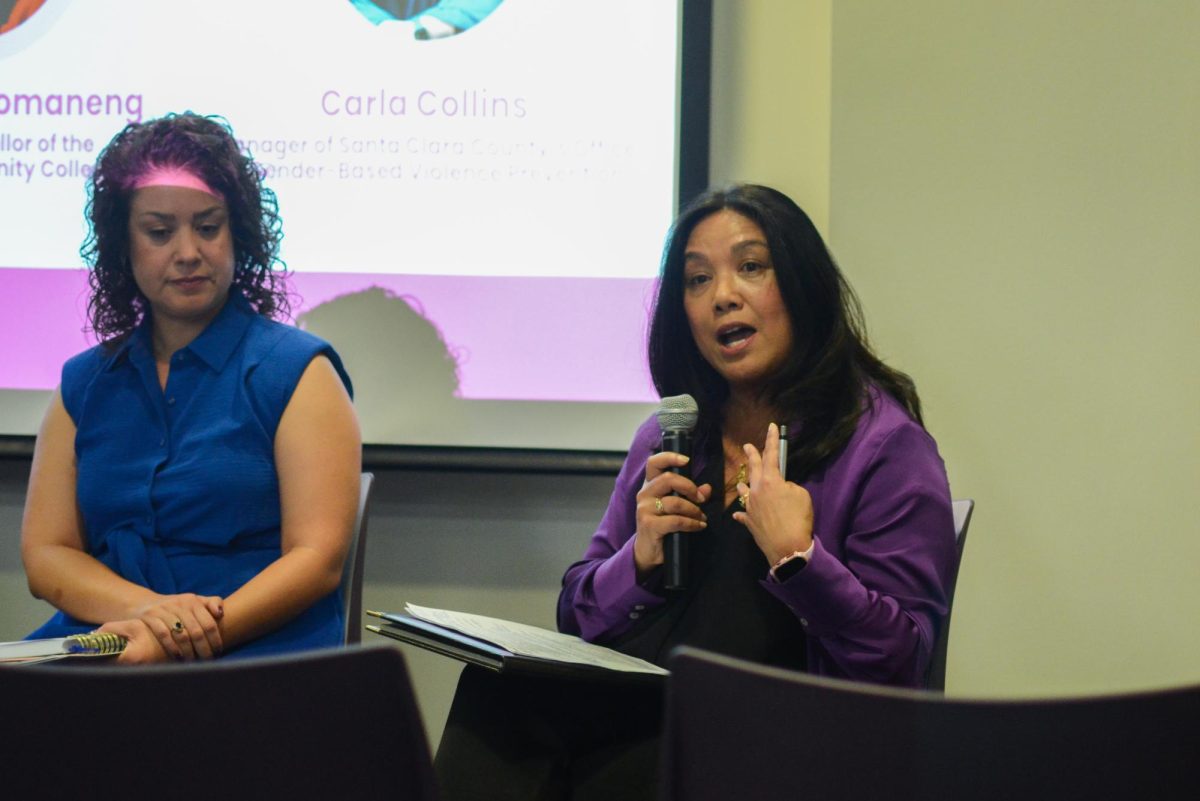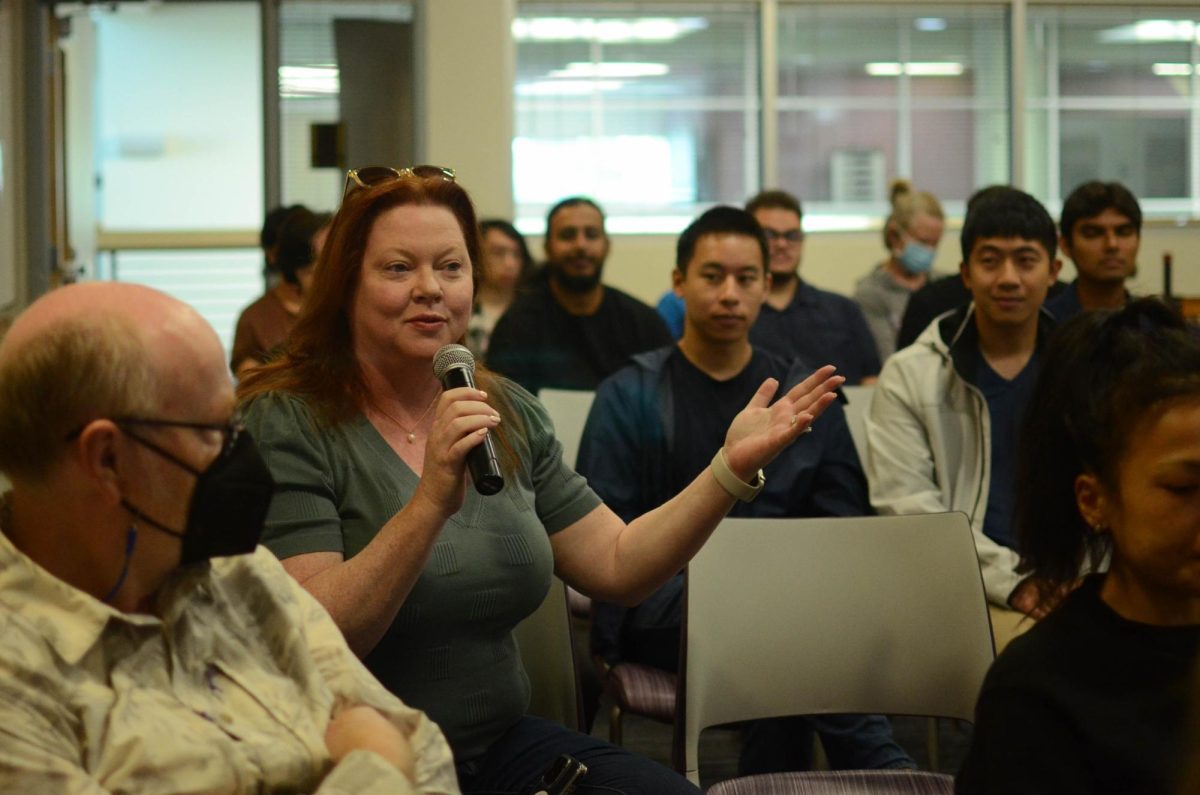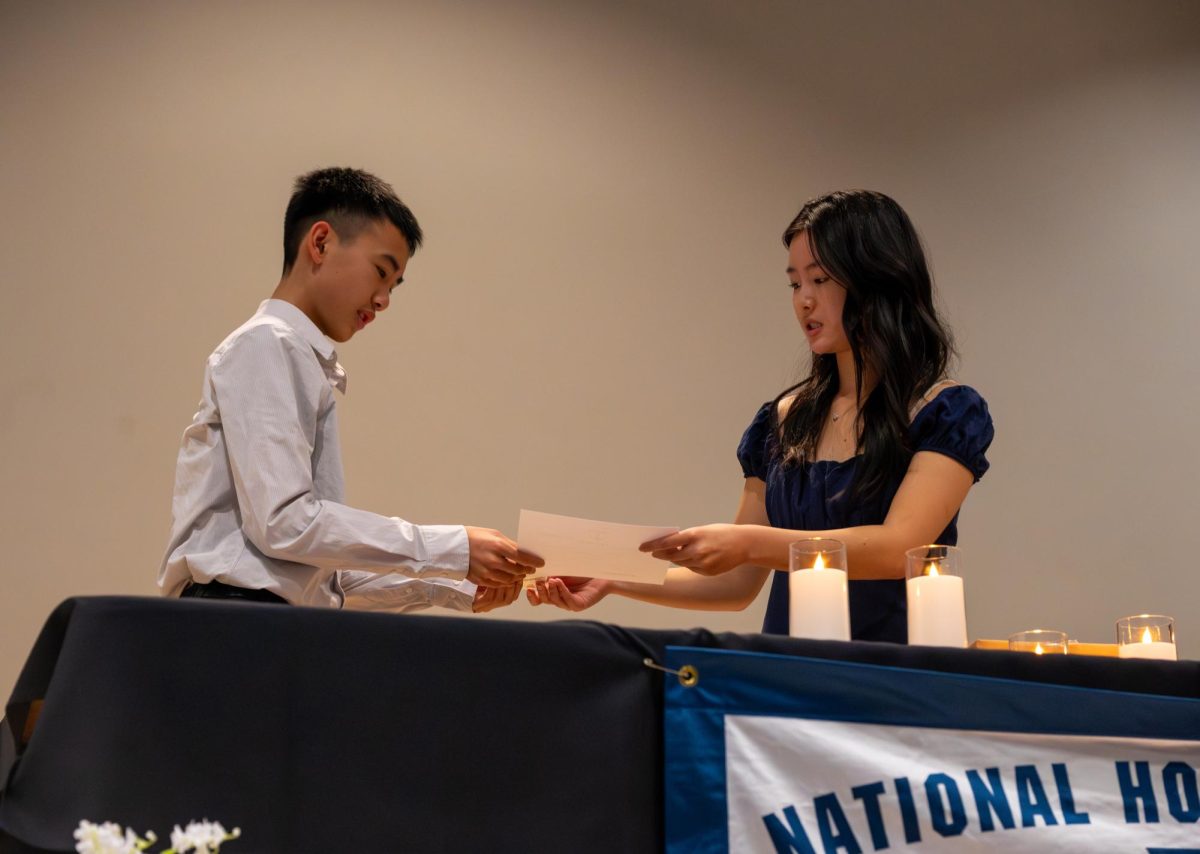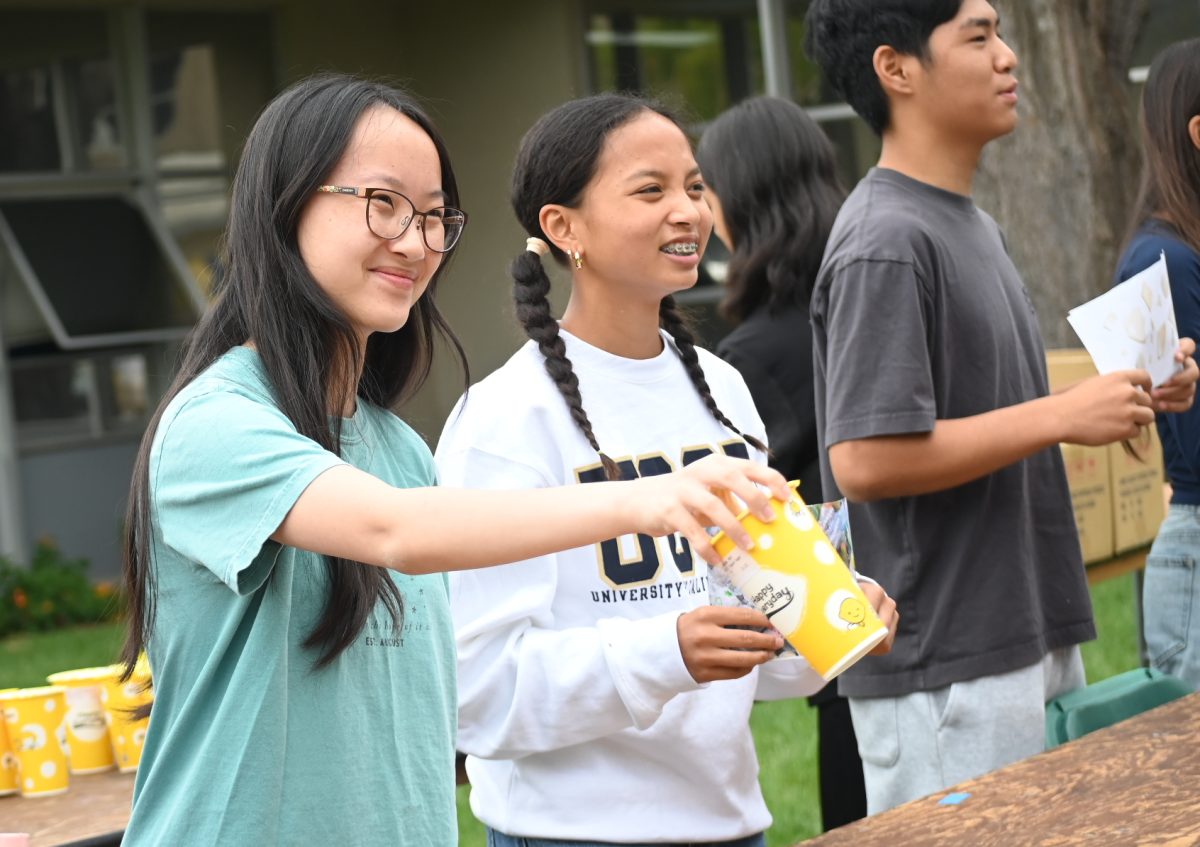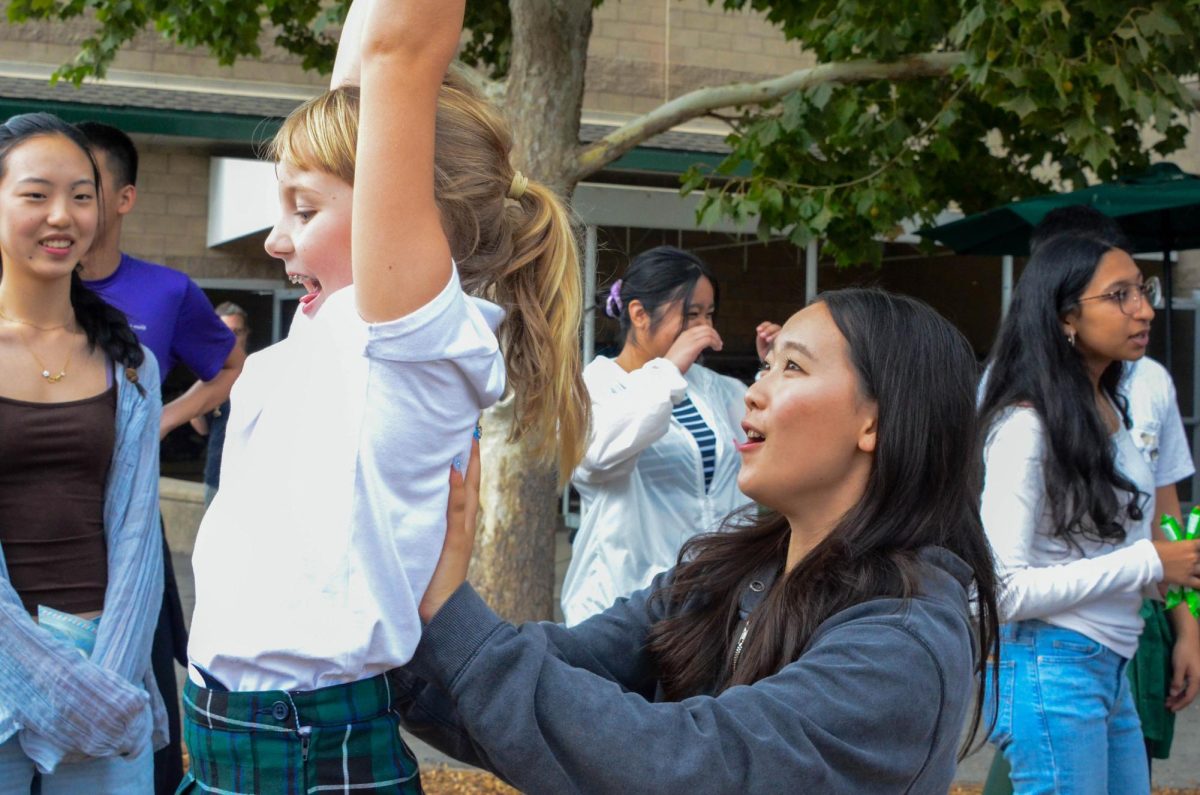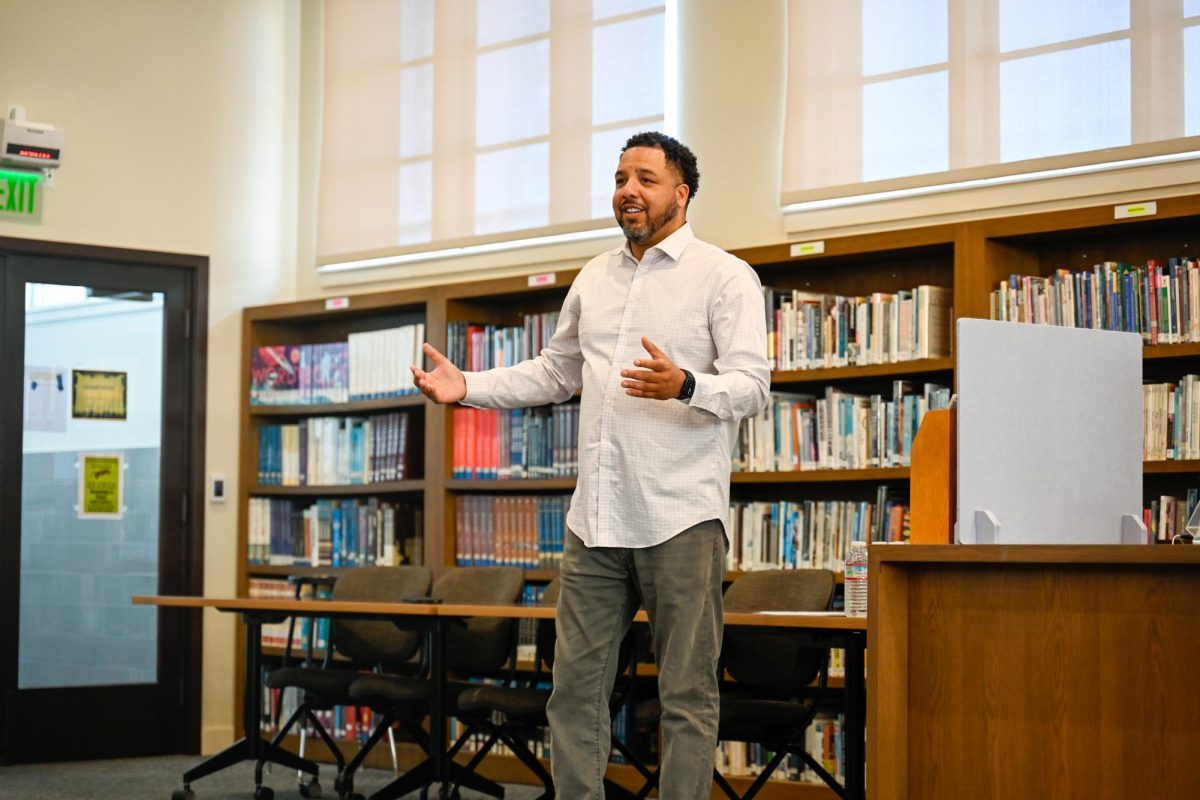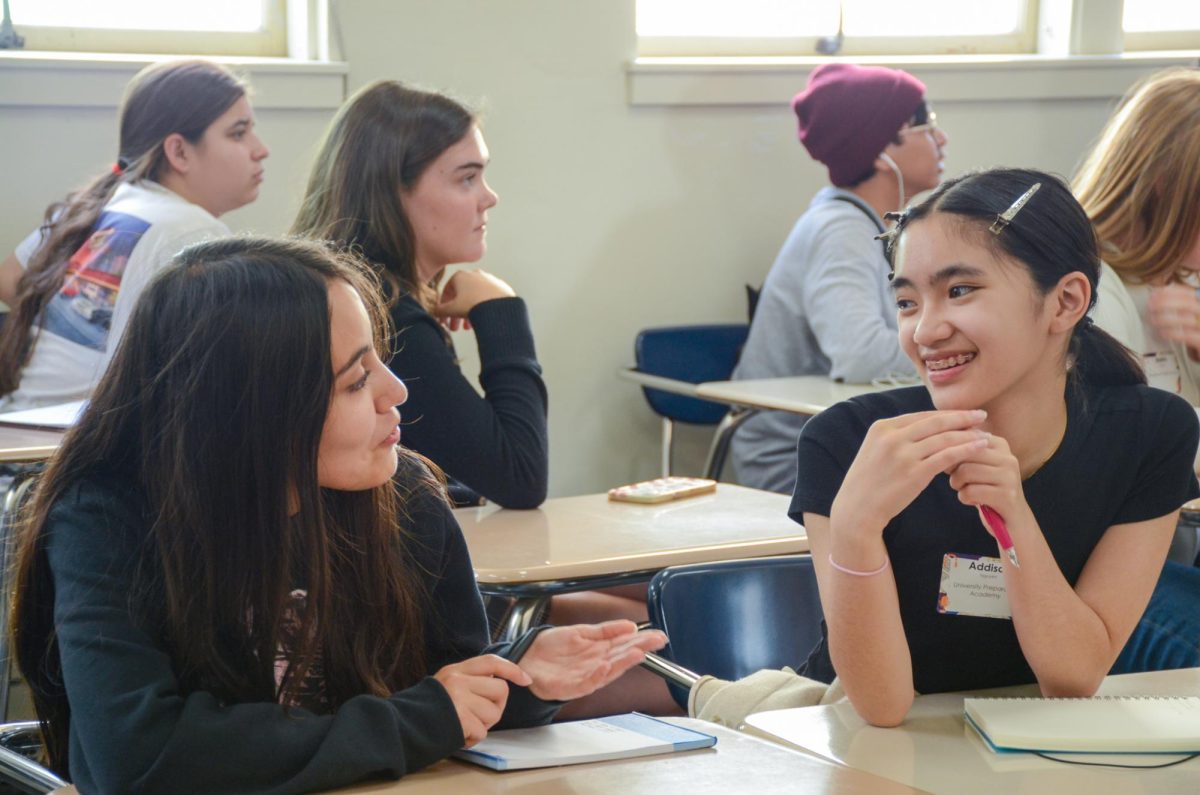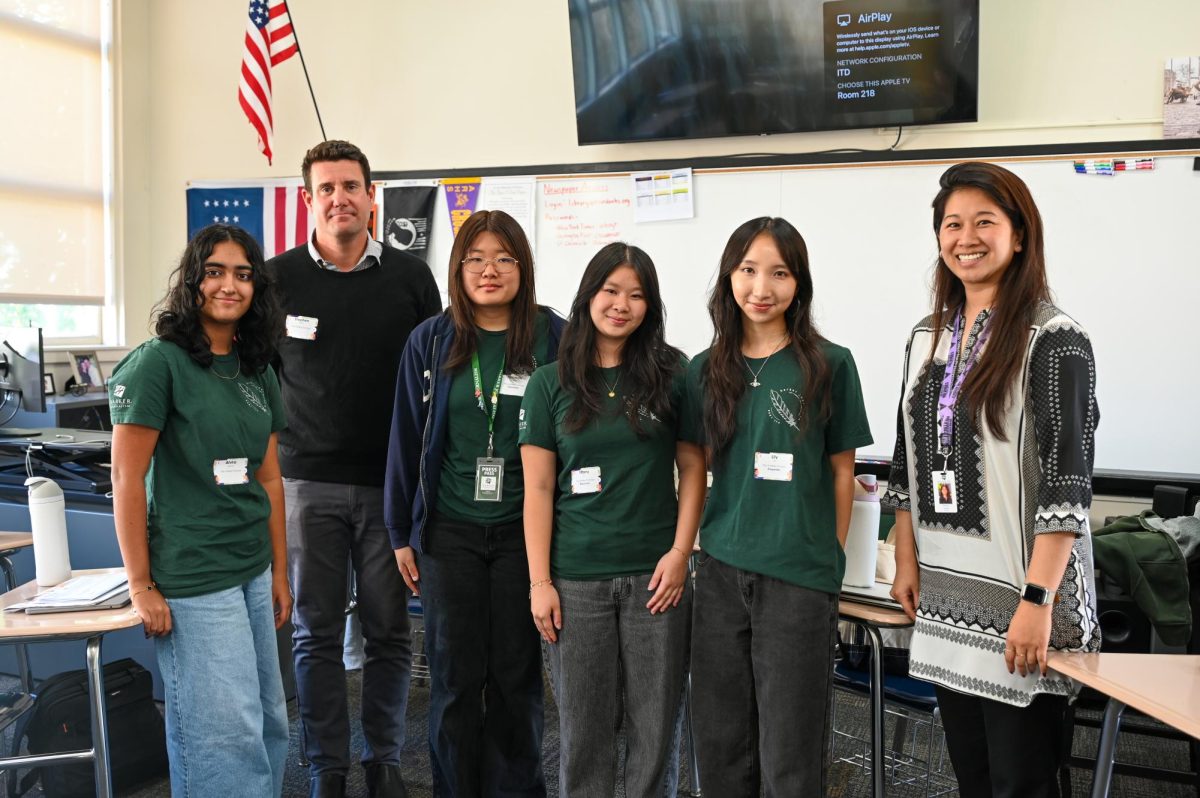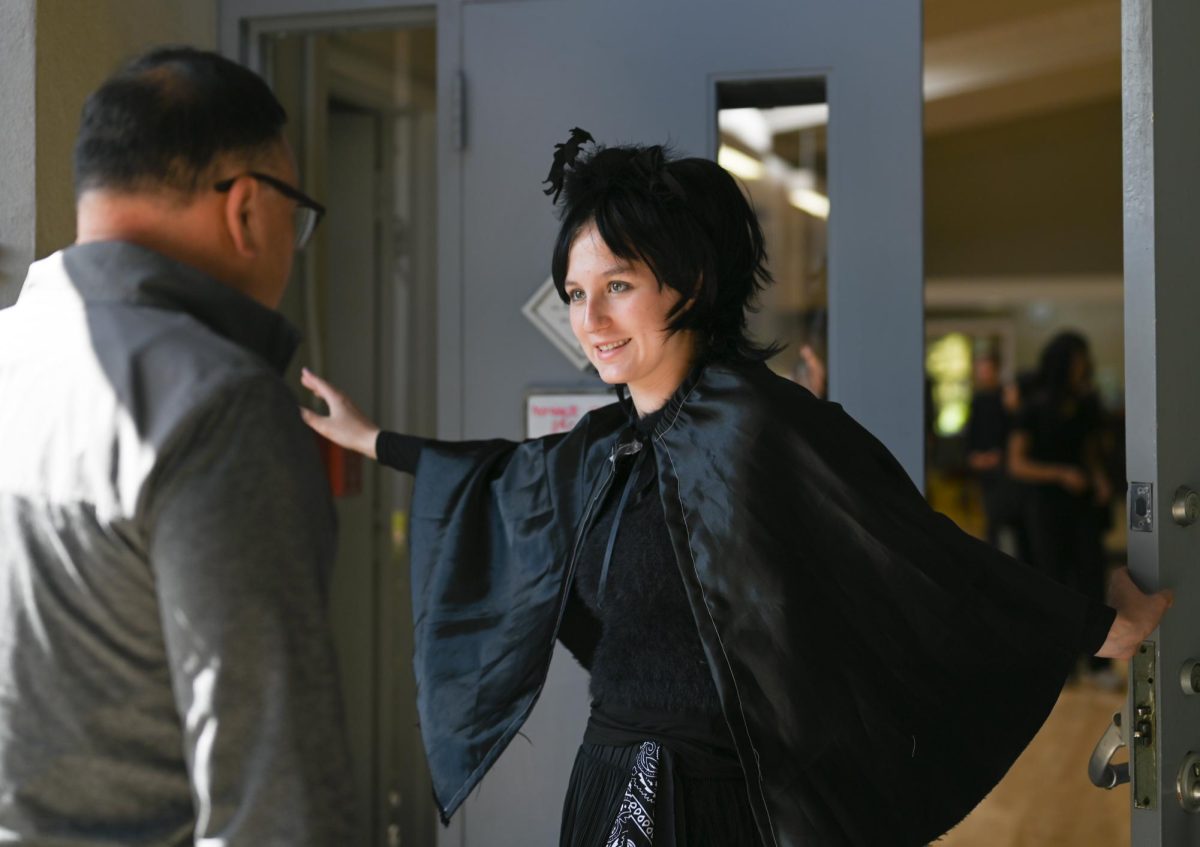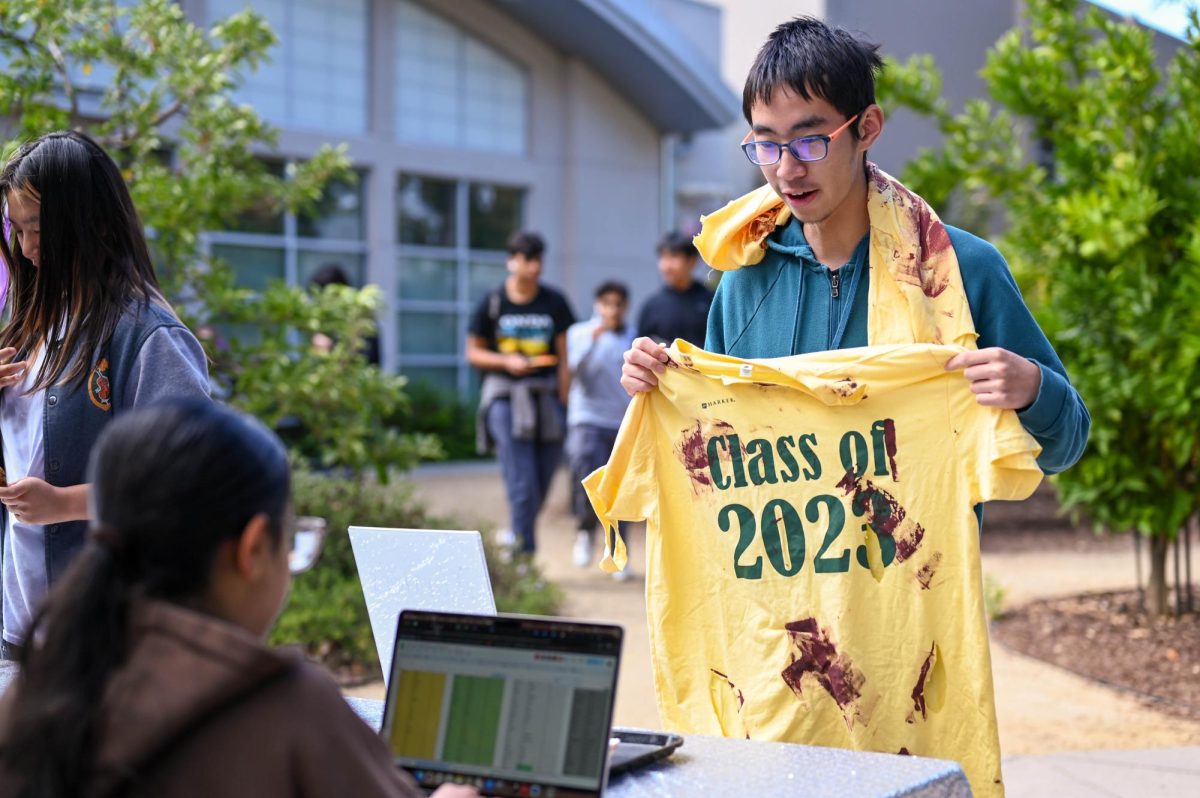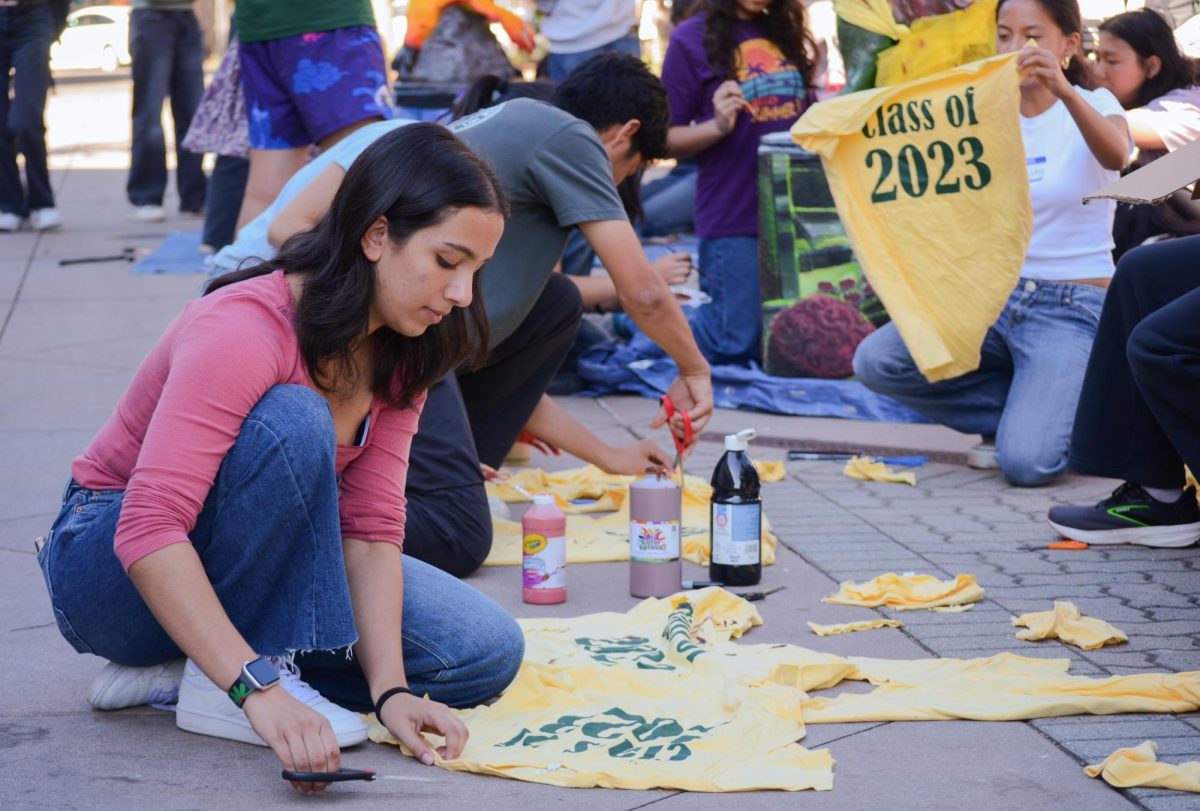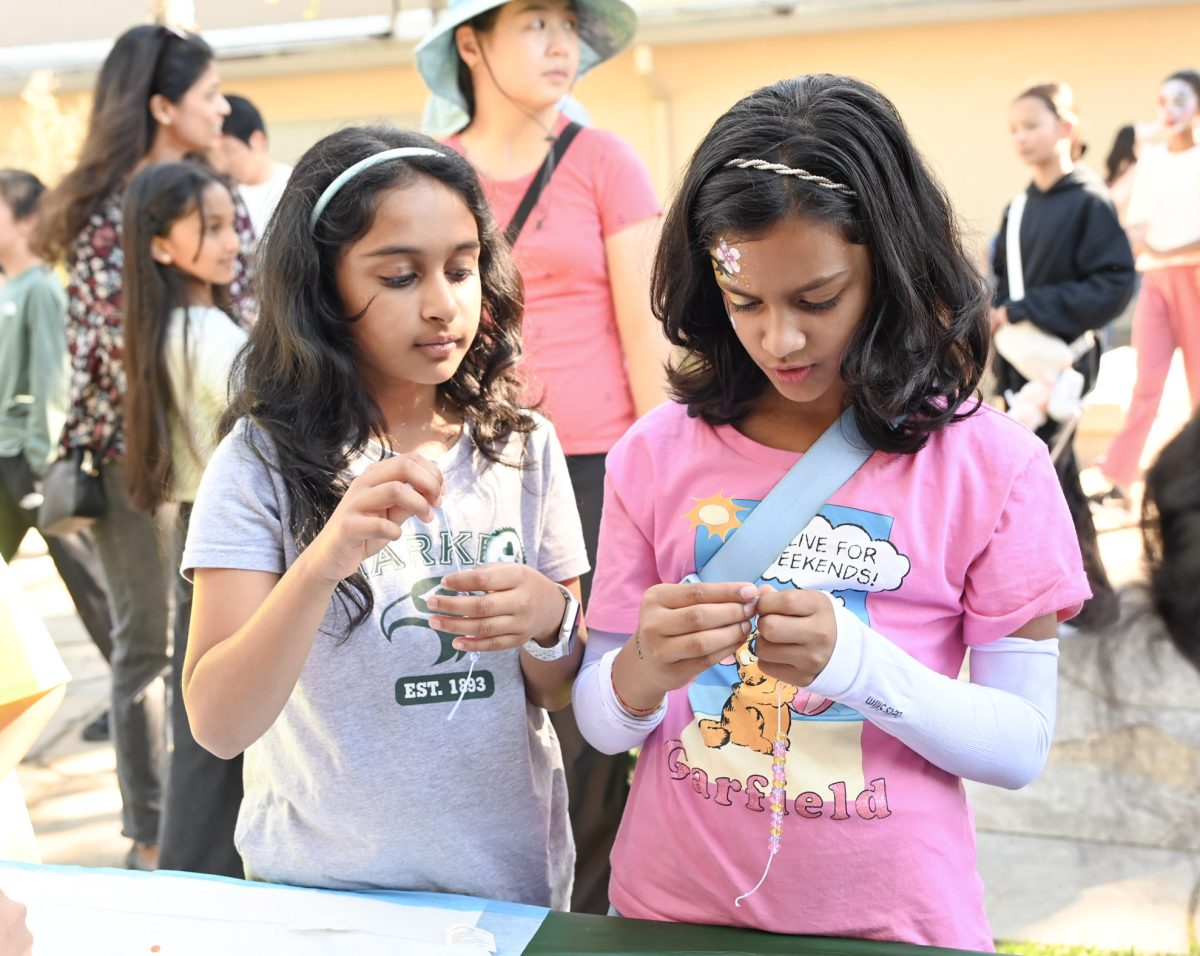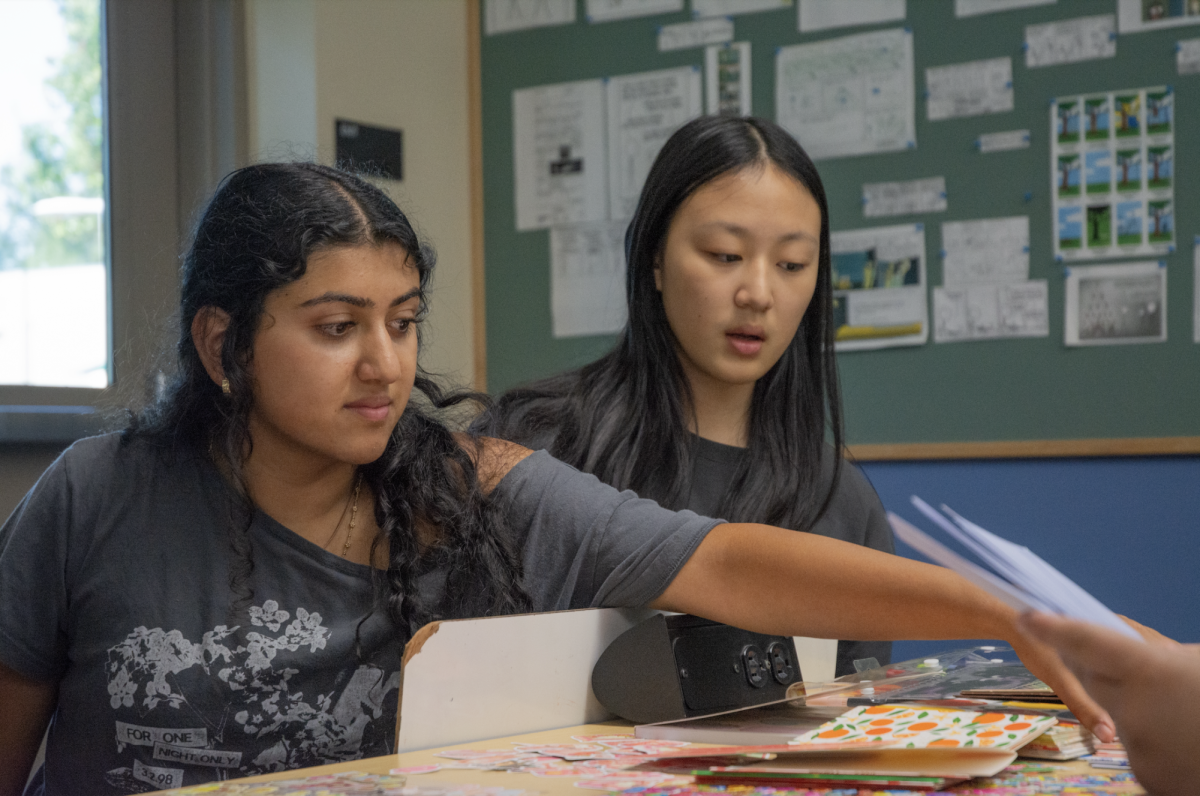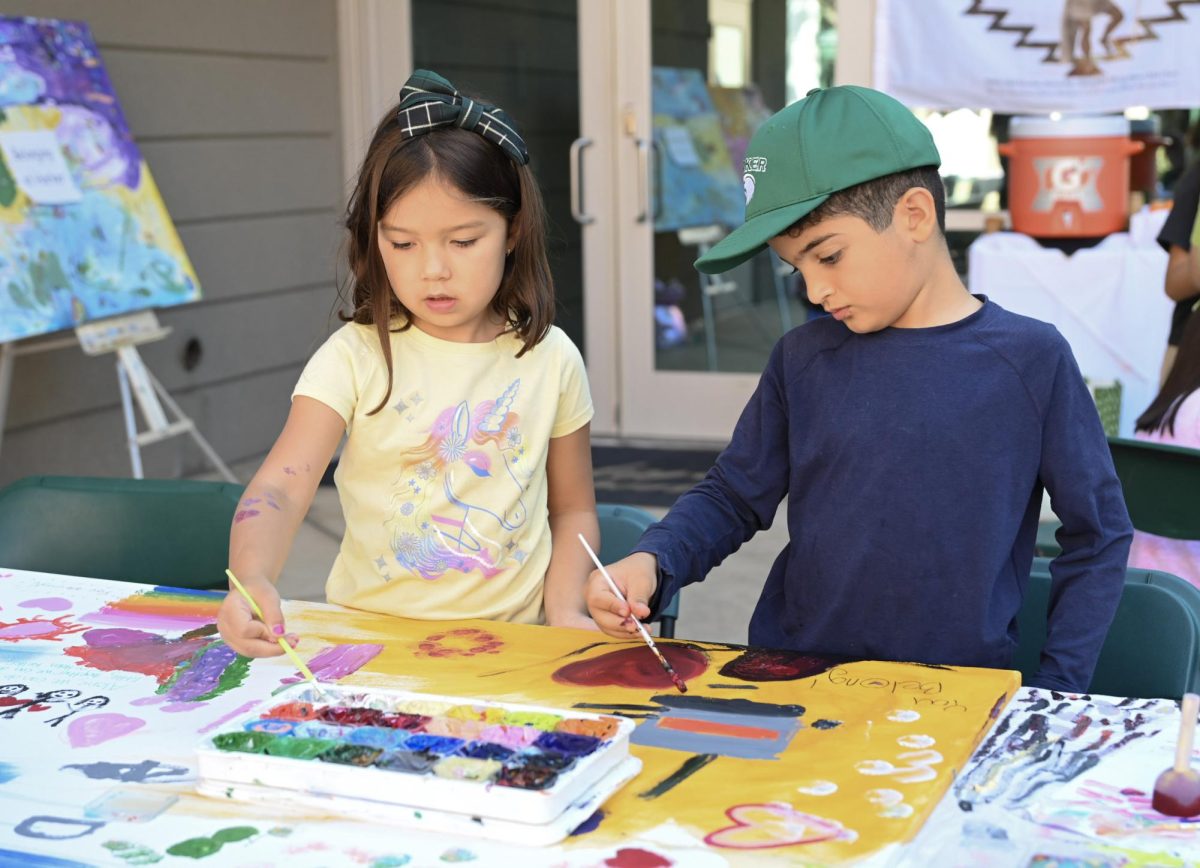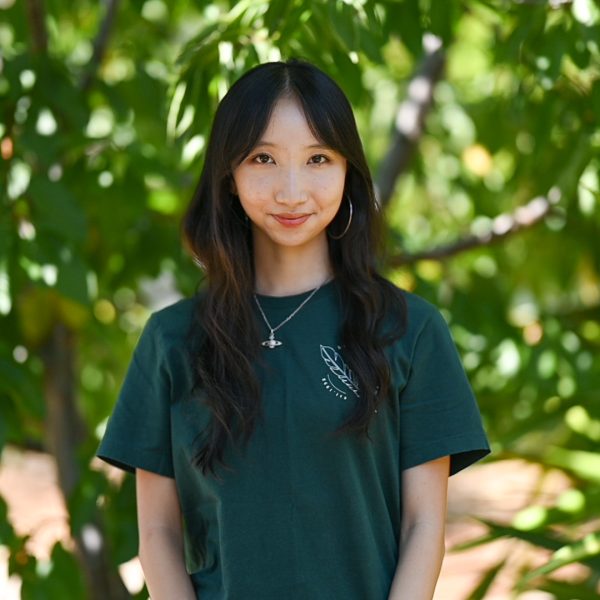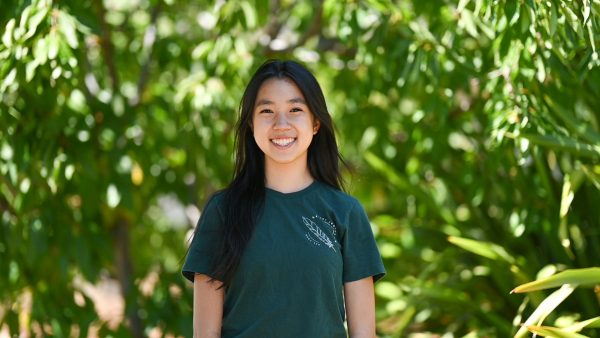Assemblymember Evan Low hosted a panel on reproductive rights, inviting local residents and three experts to San Jose City College on Oct. 19.
The panel emphasized the need to protect and expand reproductive autonomy, especially in light of the Supreme Court’s 2022 decision to overturn Roe v Wade, which placed abortion rights at risk across the country. California’s Proposition 1, co-authored by Low, protected these rights, but despite this, more efforts are needed to ensure that reproductive services remain accessible and affordable.
“Reproductive freedom is the foundation of gender equity and rights that should be afforded for everyone over multiple generations,” Low said at the end of the panel. “Unfortunately, we thought we already litigated this issue, but it comes back, and that’s why it’s important to have conversations about what we’re doing in this period of time.”
Director of Public Affairs for Planned Parenthood Mar Monte Dianna Zamora-Marroquin shared how reproductive rights extend to contraception, in vitro fertilization (IVF) and even family planning, describing how her clinic ensures access to a wide range of services.
“We provide services so you can come in with your family, from your little ones all the way to the oldest people,” Zamora-Marroquin said. “Reproductive health care is essential, and it’s often life saving. But health care is something that should not be for a few, for the privileged. It should not depend on your zip code. Sometimes that gets lost in the conversation.”
Manager of Santa Clara County’s Office of Gender-Based Violence Prevention Carla Collins discussed the overlap between a person’s reproductive choices with other forms of domestic and sexual abuse, making gender-based violence prevention essential to protecting reproductive freedom.
“This sort of violence in our community is tied to reproductive health because when we are controlling someone and they don’t truly have the right to say no, they don’t truly have the right to say yes either,” Collins said. “We want to create a community where people are safe at work, in the classroom, on the street and most especially in their own home.”
Deputy Chancellor of the California Community Colleges Rowena Tomaneng explained that education is essential for young people to have access to information about their reproductive rights. Tomaneng, who oversees 116 colleges with over 2.1 million students across California, highlighted the valuable role higher education institutions play in addressing these issues.
“We’ve been doing so much work across communities, prioritizing closing the equity gaps for African American, Black, low-income and AAPI communities,” Tomaneng said. “We are thinking about how many of our colleges have strong women’s studies and gender studies programs. We have a tremendous opportunity to continue the education work that we’ve been doing.”
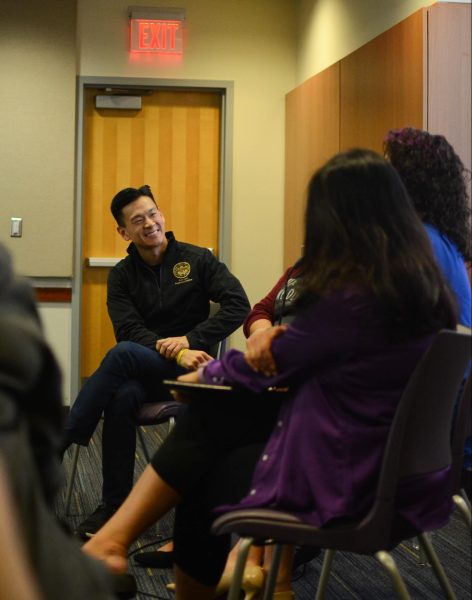
Attendee Christine Shepard valued learning how citizens can protect reproductive rights, whether it be by donating to health centers, informing others about reproductive services or even just voicing personal stories.
“Today’s generation has a different challenge,” Shepard said. “Empowering them and all of us to have a voice and to know what rights are legal and what we can do if we want to amend them is extremely important. There are a lot of ways that we can go about making a difference for this next generation.”
Seconding Shepard’s notions, Sanketh Santhosh, a former intern for Evan Low, emphasized that the best way to enact social change is to bridge people through thoughtful discussion.
“We’ve had a lot of tough conversations, we’ve heard a lot of tough stories,” Santhosh said. “But at the same time, we’ve found that there are a lot of opportunities for growth by finding that compromise and finding those connections with other people. That’s how we’ll continue to push that needle forward.”


















![“[Building nerf blasters] became this outlet of creativity for me that hasn't been matched by anything else. The process [of] making a build complete to your desire is such a painstakingly difficult process, but I've had to learn from [the skills needed from] soldering to proper painting. There's so many different options for everything, if you think about it, it exists. The best part is [that] if it doesn't exist, you can build it yourself," Ishaan Parate said.](https://harkeraquila.com/wp-content/uploads/2022/08/DSC_8149-900x604.jpg)




![“When I came into high school, I was ready to be a follower. But DECA was a game changer for me. It helped me overcome my fear of public speaking, and it's played such a major role in who I've become today. To be able to successfully lead a chapter of 150 students, an officer team and be one of the upperclassmen I once really admired is something I'm [really] proud of,” Anvitha Tummala ('21) said.](https://harkeraquila.com/wp-content/uploads/2021/07/Screen-Shot-2021-07-25-at-9.50.05-AM-900x594.png)







![“I think getting up in the morning and having a sense of purpose [is exciting]. I think without a certain amount of drive, life is kind of obsolete and mundane, and I think having that every single day is what makes each day unique and kind of makes life exciting,” Neymika Jain (12) said.](https://harkeraquila.com/wp-content/uploads/2017/06/Screen-Shot-2017-06-03-at-4.54.16-PM.png)








![“My slogan is ‘slow feet, don’t eat, and I’m hungry.’ You need to run fast to get where you are–you aren't going to get those championships if you aren't fast,” Angel Cervantes (12) said. “I want to do well in school on my tests and in track and win championships for my team. I live by that, [and] I can do that anywhere: in the classroom or on the field.”](https://harkeraquila.com/wp-content/uploads/2018/06/DSC5146-900x601.jpg)
![“[Volleyball has] taught me how to fall correctly, and another thing it taught is that you don’t have to be the best at something to be good at it. If you just hit the ball in a smart way, then it still scores points and you’re good at it. You could be a background player and still make a much bigger impact on the team than you would think,” Anya Gert (’20) said.](https://harkeraquila.com/wp-content/uploads/2020/06/AnnaGert_JinTuan_HoHPhotoEdited-600x900.jpeg)

![“I'm not nearly there yet, but [my confidence has] definitely been getting better since I was pretty shy and timid coming into Harker my freshman year. I know that there's a lot of people that are really confident in what they do, and I really admire them. Everyone's so driven and that has really pushed me to kind of try to find my own place in high school and be more confident,” Alyssa Huang (’20) said.](https://harkeraquila.com/wp-content/uploads/2020/06/AlyssaHuang_EmilyChen_HoHPhoto-900x749.jpeg)



